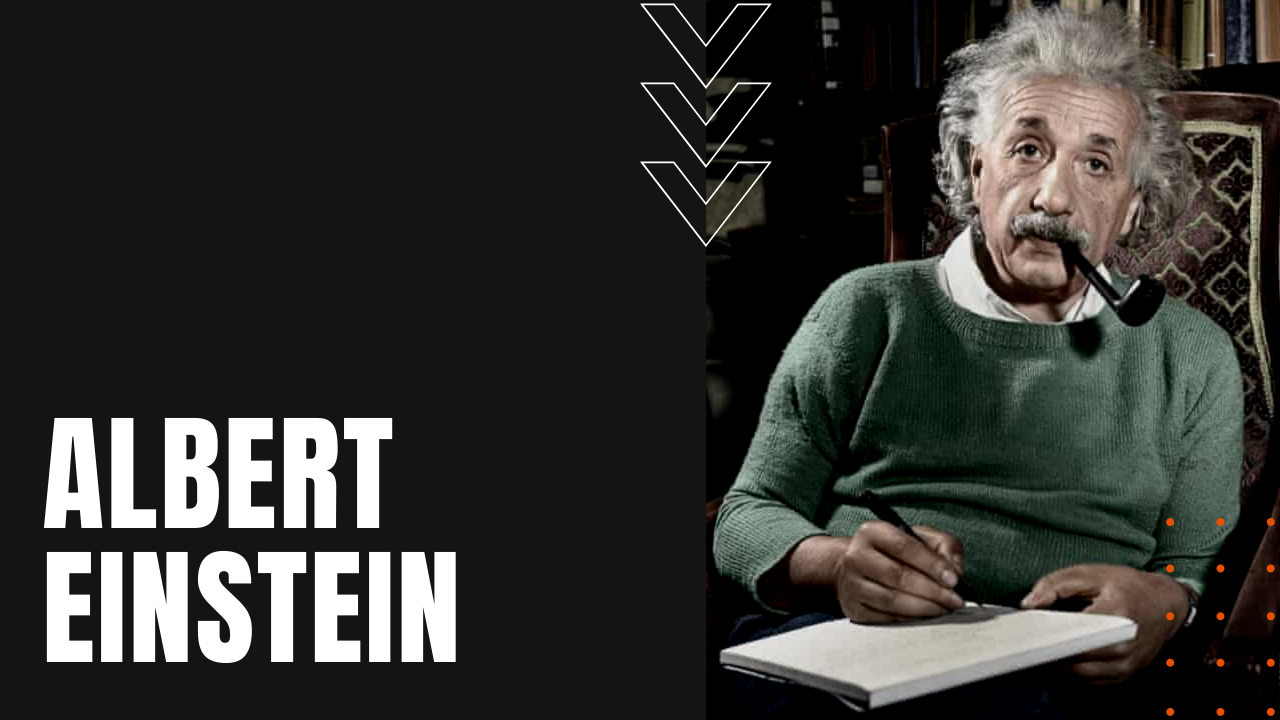Albert Einstein Biography: From Patent Office to Theoretical Physicist

Born in Ulm, Germany on March 14th, 1879, Albert Einstein was educated in Munich, Italy and Switzerland, entering the Swiss Federal Polytechnic School in Zurich in 1896 to be trained as a physics and math lecturer.
The Patent Office
Unable to land a teaching post after his graduation in 1901, Einstein found work as a technical assistant in the Swiss Patent Office while studying for his doctorate in theoretical physics, which was awarded in 1905 upon submission of his thesis entitled A New Determination of Molecular Dimensions.
Einstein’s Annus Mirabilis
That same year would become Einstein’s annus mirabilis or “marvelous year” in Einstein’s intellectual life, when he successfully conceived and published four groundbreaking papers on Brownian motion, photoelectric effect and special relativity, leading to his seminal formula calculating mass and energy as E = mc2, which was later dubbed “the world’s most famous equation.”
Catapulting to academic fame by 26 years of age, Einstein would go on to hold professorships at major teaching institutions in Berne, Zurich and Prague, while in 1914 he was made Director of the Kaiser Wilhelm Physical Institute at the University of Berlin.
He became a German citizen that same year, only to renounce his citizenship in 1933 when Hitler and the Nazis came to power, forcing his emigration to America to become Professor of Theoretical Physics at Princeton University. Throughout his storied career, Einstein brought a unique insight regarding the problems and current knowledge limitations of physics, leading him to regard his major achievements as mere stepping-stones before his next breakthrough.
Einstein’s Other Achievements and Accolades
Over his lifetime, Einstein published nine books, while receiving honorary doctorate degrees in science, medicine and philosophy from European and American universities, as well as awards and medals too numerous to calculate, including The Nobel Prize in Physics in 1921.
After World War Two, Einstein was offered the Presidency of the newly-formed State of Israel, and while he humbly declined the offer, he instead collaborated with Dr. Chaim Weizmann to establish the Hebrew University of Jerusalem.
Married twice in his early years, which saw the birth of two sons with his first wife, physicist Mileva Maric, Einstein retired from Princeton in 1945, spending his later years working, enjoying life and sailing on Princeton’s Lake Carnegie, despite the fact that he had never learned to swim. He died at his home in Princeton on April 18th, 1955, ending the life and genius of a man who forever changed our understanding of the physical universe.
